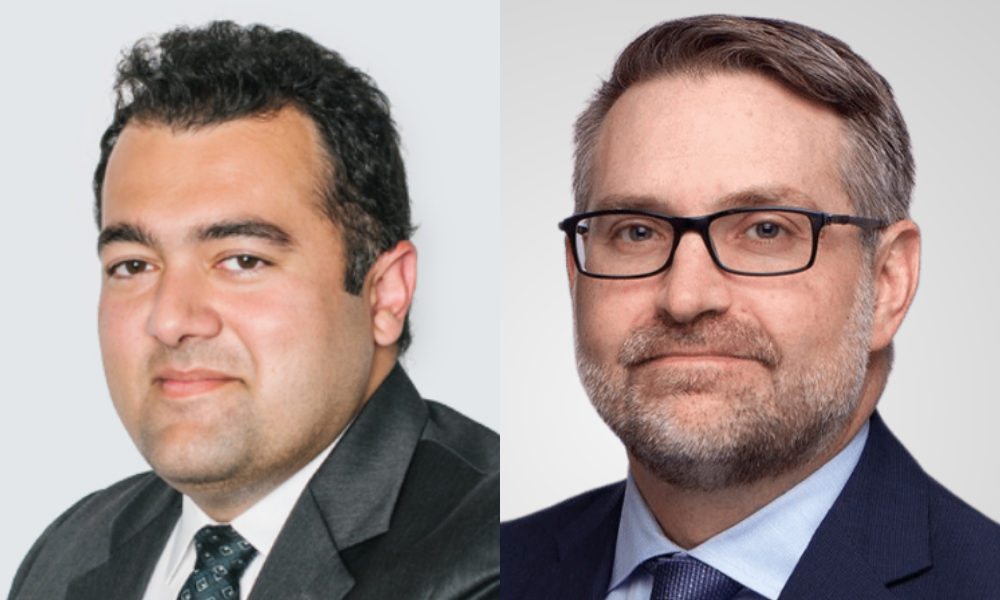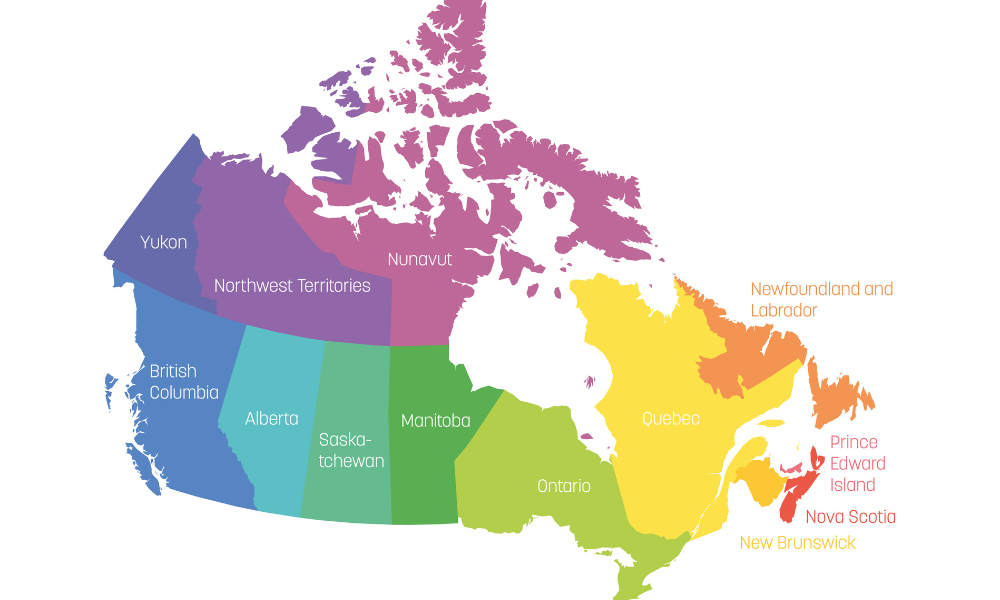Biggest declines among those earning less than $90,000, minorities: Poll
The Gallup survey said employer-sponsored insurance, long a pillar of the $2.8-trillion U.S. health-care system, covered just under 45 per cent of U.S. adults last year, down from about 49 per cent in 2008, when the economy was engulfed by recession.
The biggest losses occurred among people earning less than $90,000 per year and among minorities.
But the 2012 data showed little change from 2011 as the economic recovery gained momentum.
Meanwhile, over the same five-year period, the number of Americans receiving government-sponsored health coverage — including Medicare, Medicaid and veterans' programs — topped the 25 per cent mark from about 23 per cent in 2008.
The poll provides a snapshot of health coverage in the U.S. as the country prepares for sweeping changes under President Barack Obama's health-care reform law, which is expected to extend coverage to as many as 38 million people beginning in 2014.
"High unemployment is partly to blame for the decrease in employer-based health insurance. The decline may also be due to fewer employers offering insurance or due to employees opting to not take their employers' plan due to rising health insurance costs for employees," Gallup said.
The 2010 Patient Protection and Affordable Care Act is scheduled to create new online state marketplaces where consumers can purchase private insurance at subsidized rates.
It will also expand the Medicaid program for the poor to cover adults living near the federal poverty line.
Known as "Obamacare" to advocates and opponents alike, the law will penalize larger employers for not providing health coverage to full-time workers. It is not clear how many employers could choose to pay the penalty rather than comply with federal demands.
The findings are based on data from a Gallup survey of 353,563 adults conducted throughout 2012.




